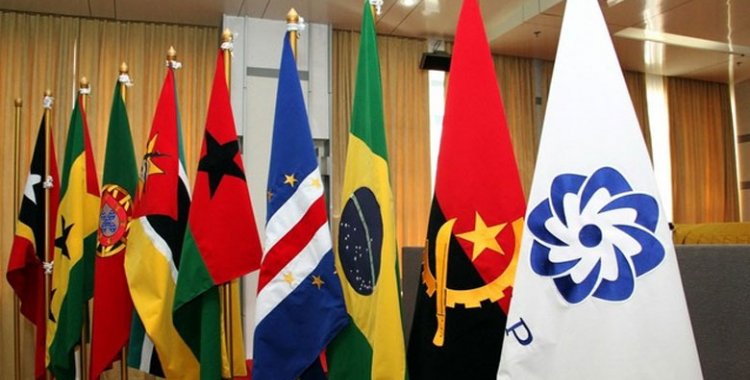The expression of interest from India was presented in May and that from Ireland in April, advanced the same sources.
At the next Standing Consultation Committee, the first after the confinement period which led to the covid-19 pandemic in Portugal, scheduled for 18 June, the diplomatic representatives of the Member States are already expected to give their views on the applications submitted by the two countries.
In December 2019, Portuguese Prime Minister António Costa told Lusa that his Indian counterpart, Narendra Modi, had informed him of India's decision to apply for CPLP associate observer status.
"This is excellent news. I am sure that all CPLP countries will welcome this recognition by India of the geostrategic, political and cultural importance of an area that spans all continents and has around 260 million inhabitants," the Portuguese Prime Minister declared at the time.
In February this year, the President of the Portuguese Republic, Marcelo Rebelo de Sousa, shortly after landing in New Delhi, also for a state visit to that country said that India's entry into the CPLP with the status of associate member would take place at the next summit of heads of state and government of the organization, to be held in Luanda, which at the time was scheduled for early September.
Now, at Angola's request and following the pandemic, the summit is scheduled for July 2021.
Observer status was created at the organisation's second summit in Praia in July 1998 in response to the CPLP's desire to extend extra-Community collaboration.
In 2005, the Council of Ministers of the CPLP in Luanda established the categories of associate observer and advisory observer.
States wishing to acquire associate observer status will have to share their respective guiding principles, namely the promotion of democratic practices, good governance and respect for human rights, and pursue through their government programmes the same objectives as those of the CPLP, even if they do not, from the outset, meet the necessary conditions to be full members of that organisation, according to the official website of that community.
As for applications, they should be "duly motivated in order to demonstrate a real interest in the principles and objectives of the CPLP", refers the organization, and will be submitted to the Executive Secretariat, which, after consideration by the Permanent Consultation Committee (composed of the ambassadors of the nine Member States), will forward them to the Council of Ministers, which will recommend the final decision to be taken by the Summit of Heads of State and Government.
If all goes as expected regarding the evolution of the candidacy processes now underway, at the Luanda summit 11 more countries should become associated observers of the CPLP.
Associate observers may participate, without the right to vote, in the summits and in the council of ministers, being granted access to the corresponding non-confidential documentation, and may also submit communications provided they are duly authorized to do so. In addition, they may be invited to meetings of a technical nature.
However, any CPLP Member State may, if it considers it appropriate, request that a meeting be held without the participation of observers.
The CPLP currently has 18 associated observer countries and one organisation, the Organisation of Ibero-American States (OEI).
The member states of the CPLP are Angola, Brazil, Cape Verde, Guinea-Bissau, Equatorial Guinea, Mozambique, Portugal, São Tomé and Príncipe and East Timor.







